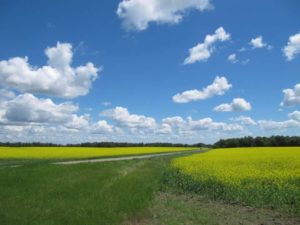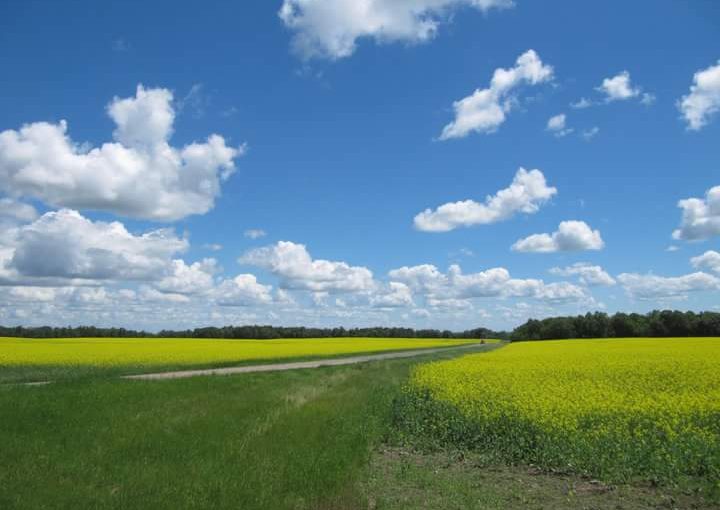Many people have their idols whether they are singers, actors, scientists or any influential human that has lived, but my idol is the American farmer.
When someone says “farmer” they immediately think of a rough calloused hand, an elderly man with years of experience and someone who has given their entire life to his fields and crops. While they may not be entirely wrong, there is much more to any farmer.
“Farming gives me a sense of freedom. When I walk out the front door in the morning and I smell that crisp fresh air, look out over my fields, I know I am the one who grew that crop. You’re feeding your family, town, nation and world. Not everyone can say they do that, but a farmer can,” Mitch Polzin, a 21-year-old agriculture economics major, said.
There are young famers, many whom I call my brothers and sisters, who are my age and are currently farming their own land and growing crops to help feed and provide to the world. Just to put that into perspective, I am only 20 years old.
Yeah, my “farmer” friends aren’t grandparents or even parents yet; they are my age, still going to college and working on feeding our ever-growing population at an age where they are supposed to have little responsibility apart from getting through school with a degree. Many of these students have been farming long before they were even old enough to drive.

“I farm because it’s a family tradition. It’s something that I have been doing since I was a child and something I hope to continue doing for the rest of my life,” Hunter Trosen, a student, said.
Being a farmer is so much more than just a generational idea; it’s a lifestyle so many people are forgetting about or have no idea about at all.
We are currently sitting in the 21st century; millions of people shop at the grocery stores every single day, don’t have any idea where their food comes from and, quite frankly, probably don’t care.
I am not here to demean any of the common curriculums, but to teach so many areas and not have any kind of information based on agriculture just isn’t functional. We have students living in urban areas who have never seen a cow and don’t know what it’s like to watch baby chickens hatch from an egg or have no idea what their morning cereal consists of.
When I talk about this lack of agricultural education I’m not just talking about big cities either. My small rural town of 500, where the common graduating class is around 30, has no agriculture-based classes whatsoever. This is a national issue that needs a solution.
We can be that solution. We must begin to advocate for agricultural education in our country. Farmers commit their lives to provide for this country and the least we can do is help upcoming generations understand what they are doing daily. These are people who give up their ability to travel because the cows always need to be tended to, give up their weekends because the crops need to be harvested, and settle down early in life because they know their duty is to feed this world.
“A farmer is one of the biggest gamblers in the world. You never know if a storm is going wipe out the entire crop. You don’t know if it’s going to rain. You’re not sure if the crop prices will drop and you’re going to lose thousands, millions even. I love being a farmer because it’s a constant gamble, but it’s a gamble that allows me to create my own freedom and know I’m serving a greater good every day,” Polzin said.
The American farmer is an unsung hero. We owe our existence to the American farmer. Please, go out and thank a farmer, and consider how important bringing agricultural education to America really is.
